For many people today, Easter – much like Christmas – is just about tradition. How can we highlight the true message of Easter?
Traditions are important in a person’s life! We nurture and preserve them through generations, passing on various customs and ways of thinking to the next generations, and that’s a good thing. The question with traditions is whether it’s enough just to maintain, preserve, and pass them on, and then expect others to find them important too. Is that enough today? Probably not anymore. As I once read from Ferenc Sebo:
„ Our traditions can only be preserved if we live them!”
I believe this thought applies well to conveying the true message of Easter: I must live it authentically (not just expect it from others) and radiate from myself the Good News – that there is resurrection!
For most secular people, the essence of Easter – that Christ died for our sins and rose from the dead – is hard to grasp. How can this be made more relatable and understandable? What role should the church play in this mission?
Let me approach this from a broader perspective: the Church today struggles with the reality that a large part of society sees it only as a sort of "religious service provider" – it conducts funerals, weddings, baptisms, and runs institutions, but people don’t think there’s more to it than that.
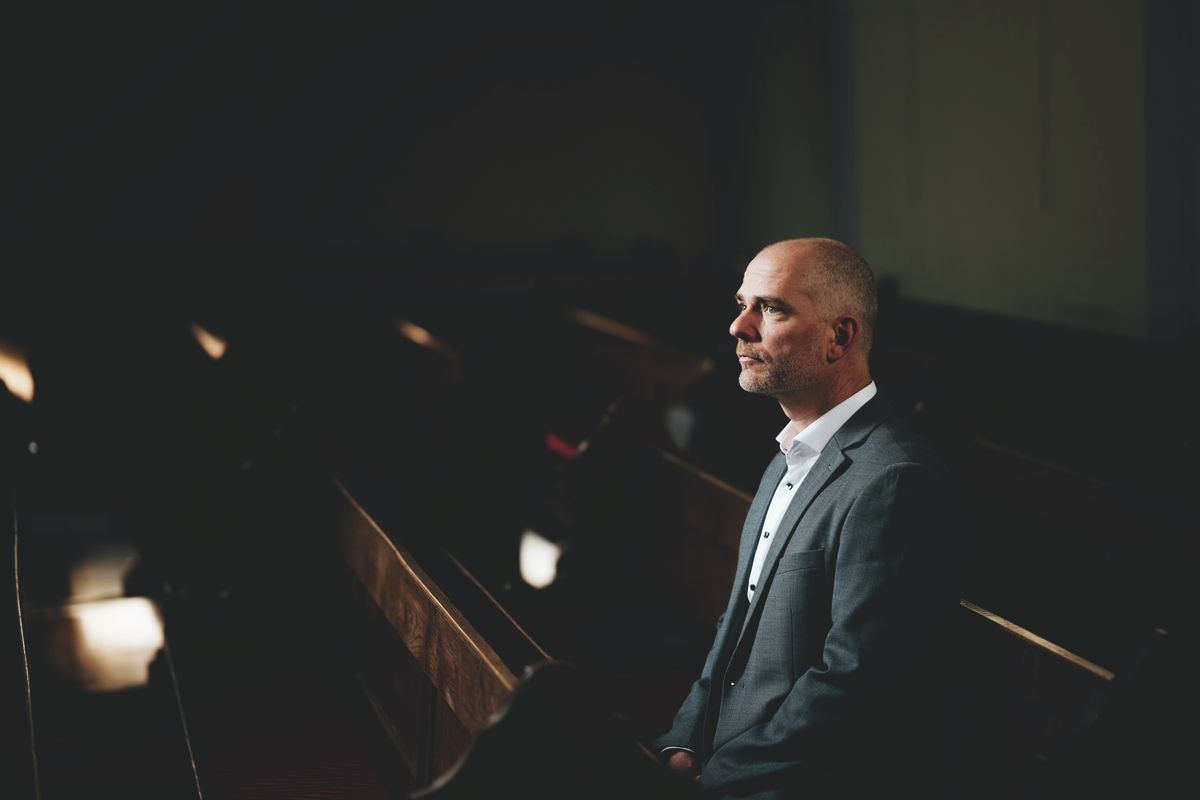
Why would they, when for many the church has ended up on the same shelf with other traditions? It’s a tradition – one you can’t really hide, since every town has at least one church. People know there are priests, religion teachers, and a few people who go into the church after the bells ring – but what happens inside? They have no idea. And from there, it follows logically:
how can something matter to me if I don’t know it? How can I long for something I don’t even know exists?
In my view, churches shouldn’t be surprised by this but instead we must return to our roots – where faith in Jesus led people to live renewed lives, making sacrifices for one another and their local communities. They didn’t mind spending time or money to bring help to the lonely, vulnerable, or those searching for something beyond what is visible and tangible. This is how Christianity entered into societies 2,000 years ago.
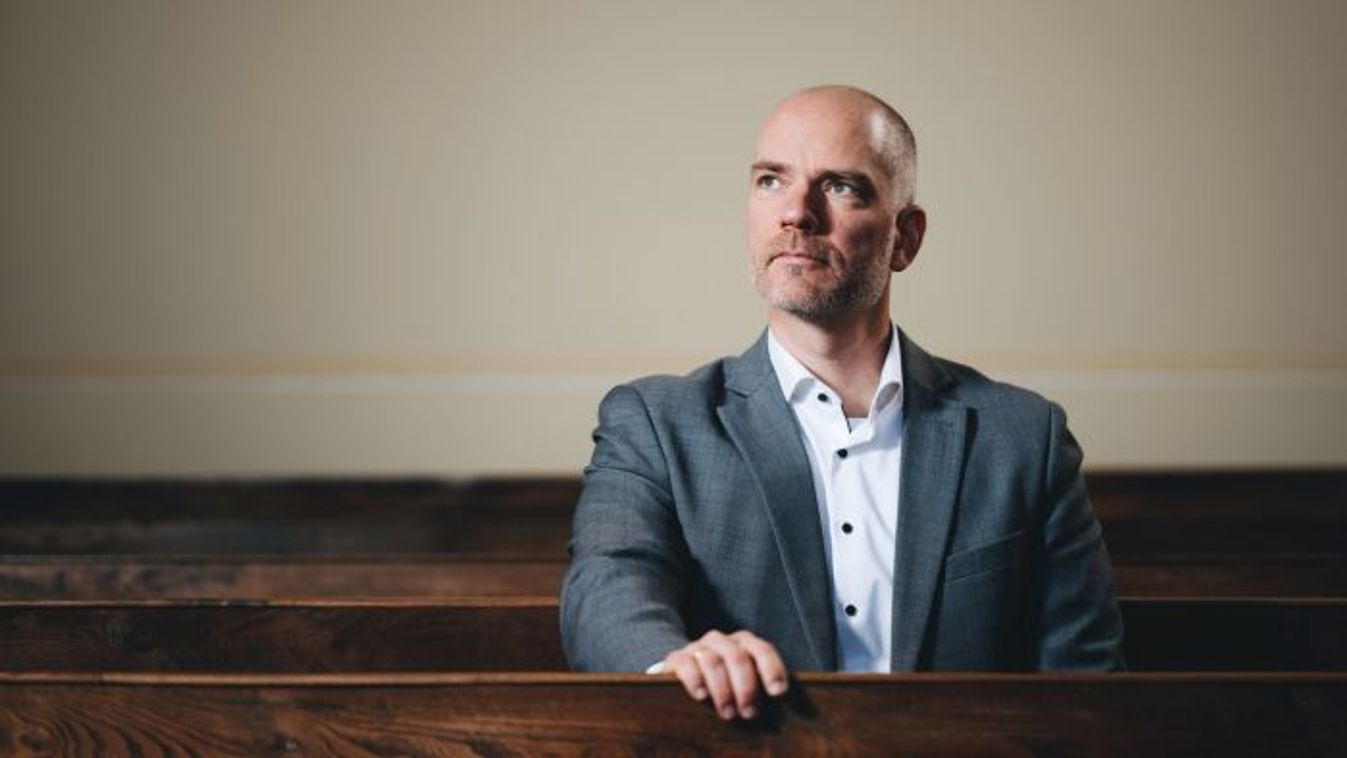
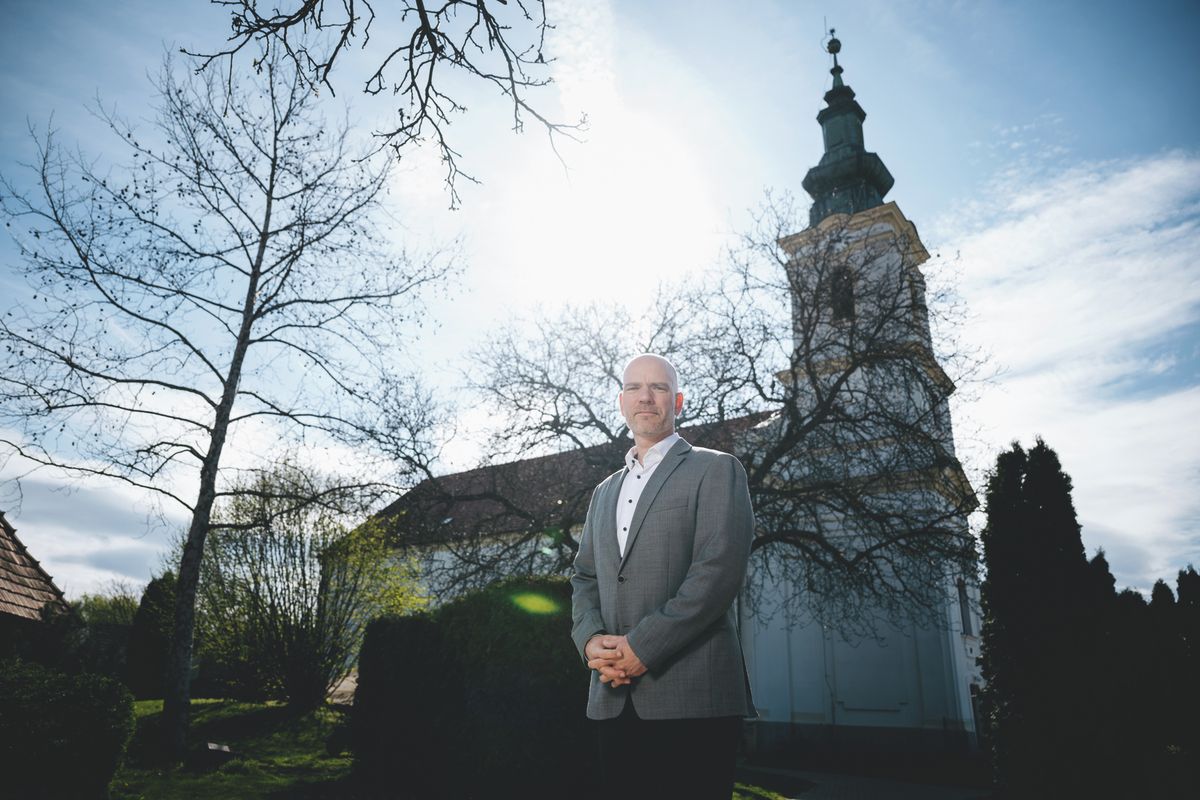
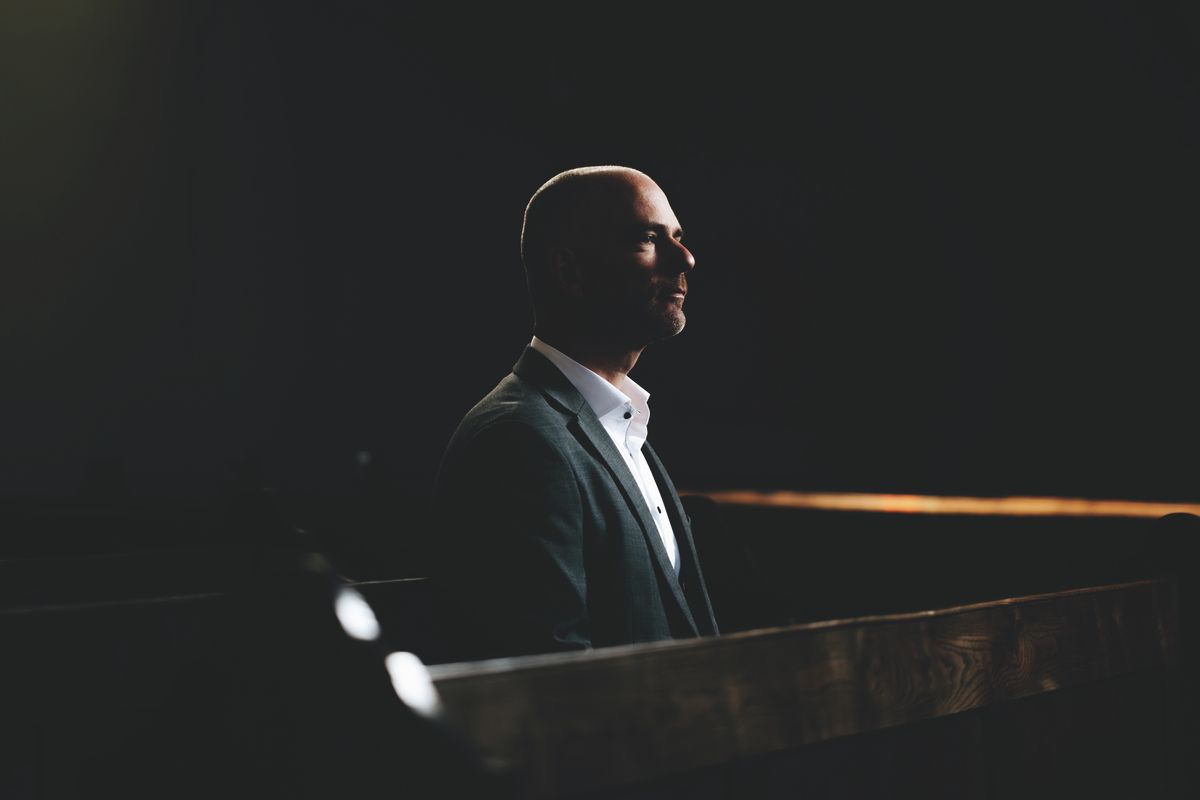








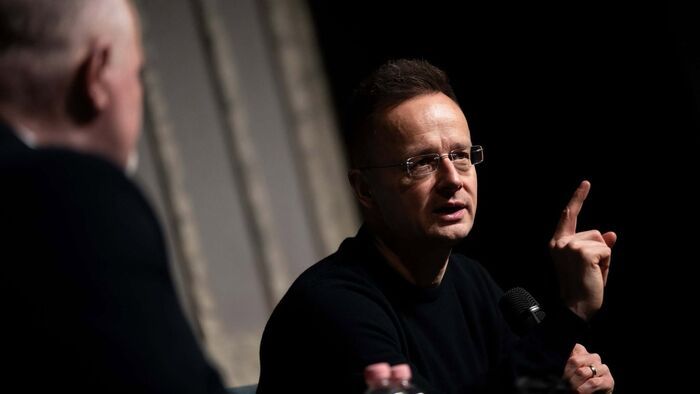

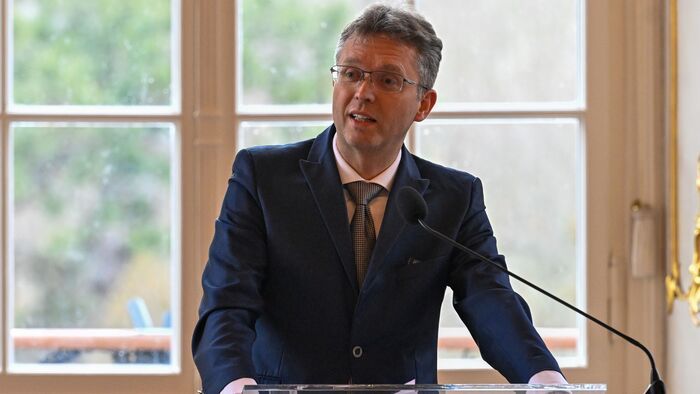

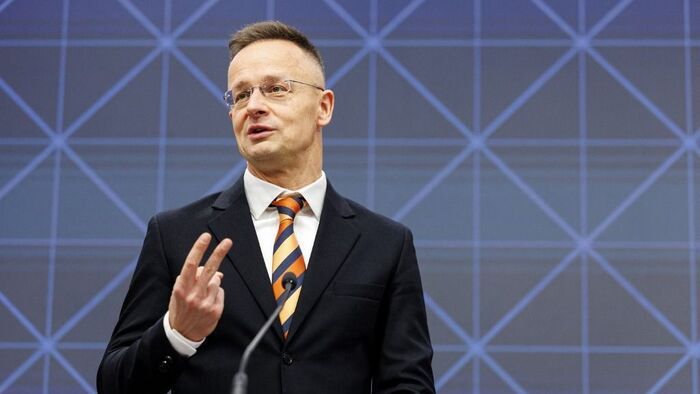

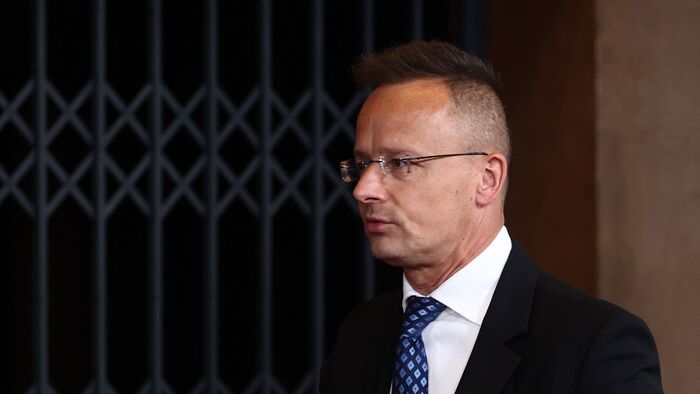
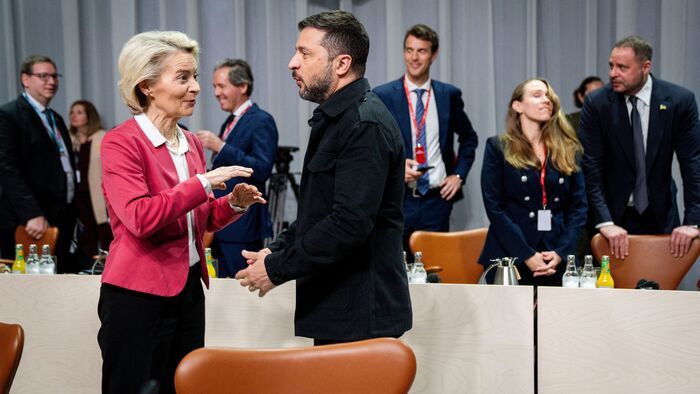






Szóljon hozzá!
Jelenleg csak a hozzászólások egy kis részét látja. Hozzászóláshoz és a további kommentek megtekintéséhez lépjen be, vagy regisztráljon!